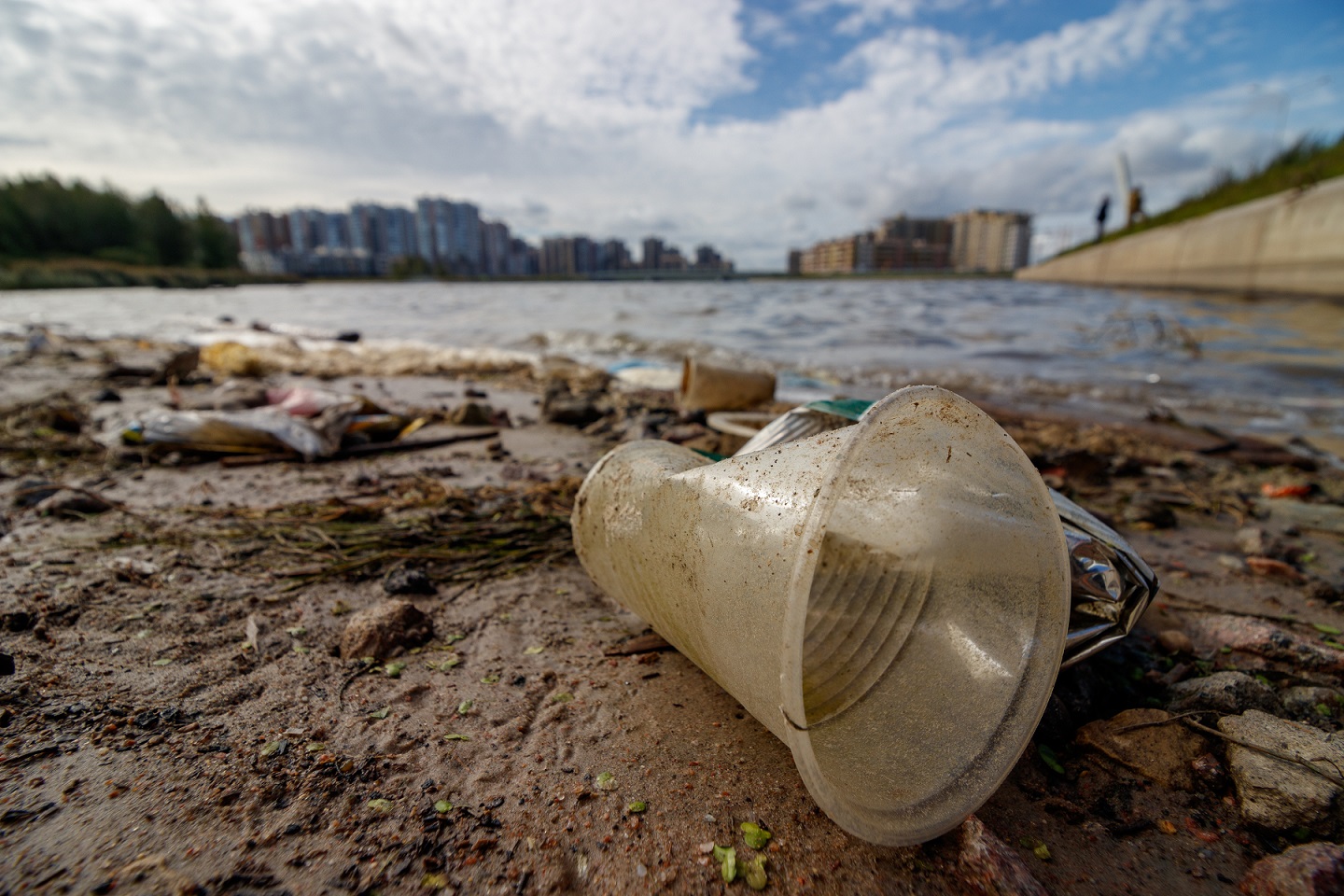
This July saw millions of people get involved in Plastic Free July. Plastic Free July is a global movement that encourages people to be part of the solution to plastic pollution – so we can have cleaner streets, oceans, and beautiful communities.
More than 8.3 million tonnes of rubbish finds its way to our oceans each year. A million tonnes of this stays in the ocean. The rest of it finds its way onto shores all over the world. This rubbish comes from both land and sea-based sources and can travel immense distances.
We could wax lyrical about all the ways that rubbish in our oceans negatively impacts coral reefs, wildlife and human health. But we’d prefer to tell you what we’re doing about it. And what you can do to help.
How can we solve the ocean plastic crisis?
Our researchers are investigating the relationship between humans and our environment. Our focus is on sources and amounts of plastics around Australia and the world.
We’ve worked with schools, communities, industry groups and government to address everyone’s role in solving this problem.
The world’s largest plastic pollution survey
We’re taking on the world’s largest plastic pollution survey. We’re working with countries across the globe to apply science to reduce the amount of litter entering our oceans.
To date, the best estimates say there are around 6-12 million metric tonnes of plastic going into the oceans each year. That works out to be around 15 shopping bags of plastic for each metre of global coastline (excluding Antarctica).
What can be done?
Every piece of plastic in our oceans started in someone’s hand. By gathering the information needed to identify sources and hotspots of debris, we can better develop effective solutions to tackle it.
Working together, scientists, industry, government and citizen scientists can make significant strides to reduce the impact in coastal areas and in the marine environment.
We’ve developed an online national marine debris database. Here you can contribute data you collect about litter at your local beach.
More tips for reducing your impact
Together, we can contribute to the improved understanding of the types, amounts and sources of debris that arrives on Australia’s coastline. And reducing the amount of plastic we use is a good way to start!
We asked our CSIRO Waste Warriors for their best tips to reduce single-use plastic waste. Here’s what they said:
- Make sure you always have an eco-friendly bag in your car and handbag.
- Purchase reusable cloth bags to use for your fruit and veggies at the supermarket – or go bag-less all together.
- Say no to plastic straws, carry a reusable straw instead.
- If food outlets allow it, bring your own tupperware for takeaway.
- Buy and use your own reusable coffee cup.
- Opt to dine in instead of taking away.
Have a tip of your own? Share your waste-free wisdom by leaving a comment below.


7th August 2019 at 3:25 pm
Education is the key … combined with Time. It has taken decades for plastics to pollute and damage the environment to the extent that it has so we cannot expect attitudinal changes to take place overnight – it will be a generational change. A change that will need to include acceptance to change, changing from plastic packaging to an environmentally friendly and sustainable alternative (paper for example however there are many other materials being tested that will fit the criteria).
This will only come about through education – in our schools, teaching the future generations about the destructive nature of plastics to our environment, our oceans and wildlife. It is only they who will drive change, current generations are far too indoctrinated into the convenience of plastics – their job is to set up the structures whereby the young can be taught.
3rd August 2019 at 7:47 am
Challenge for CSIRO: invent a cheap truly recyclable takeaway beverage cup, or one that breaks down in weeks.
2nd August 2019 at 11:13 pm
I think we are looking at this from the wrong perspective. There is always going to be plastics. We need to make the used plastic worth something. We need to make plastic recycling commercially viable. This way people won’t just throw away their plastic waste and if they do someone will collect to make money. Aluminum can recycling is an example of this.
It’s one thing to put our plastic in the recycling bin but we have to purchase recycled plastic products as well to improve their commercial viability.
2nd August 2019 at 8:24 pm
Check out the FB group, Zero Waste, Tasmania
2nd August 2019 at 11:19 am
I remember the days when purchased groceries were packed into the cardboard boxes that goods had been delivered in to the supermarket / shop. I was recently in the Philippines, and that’s exactly what is done there, particularly in the provinces. No need for plastic, and reusing cardboard is certainly much more environmentally friendly.